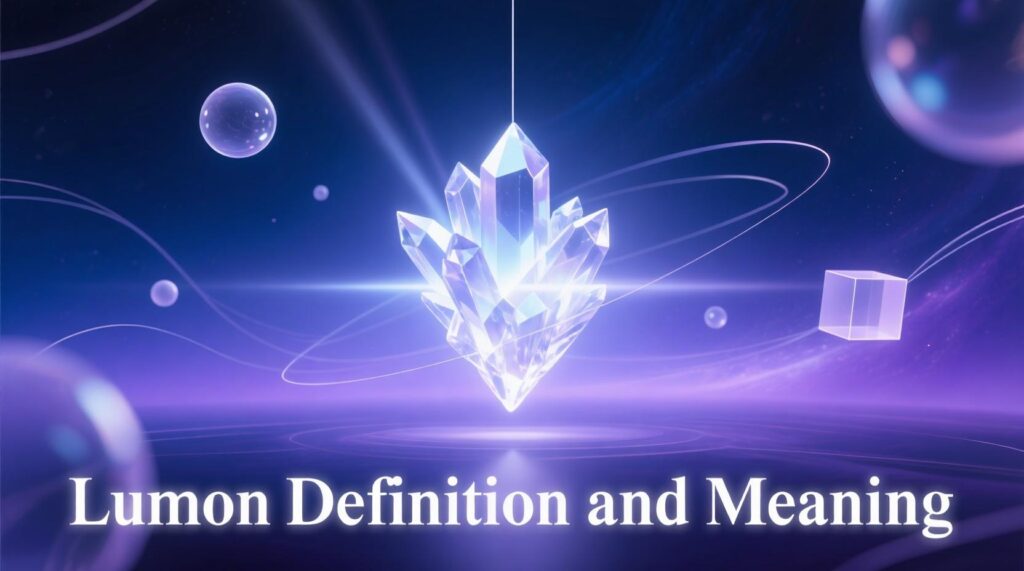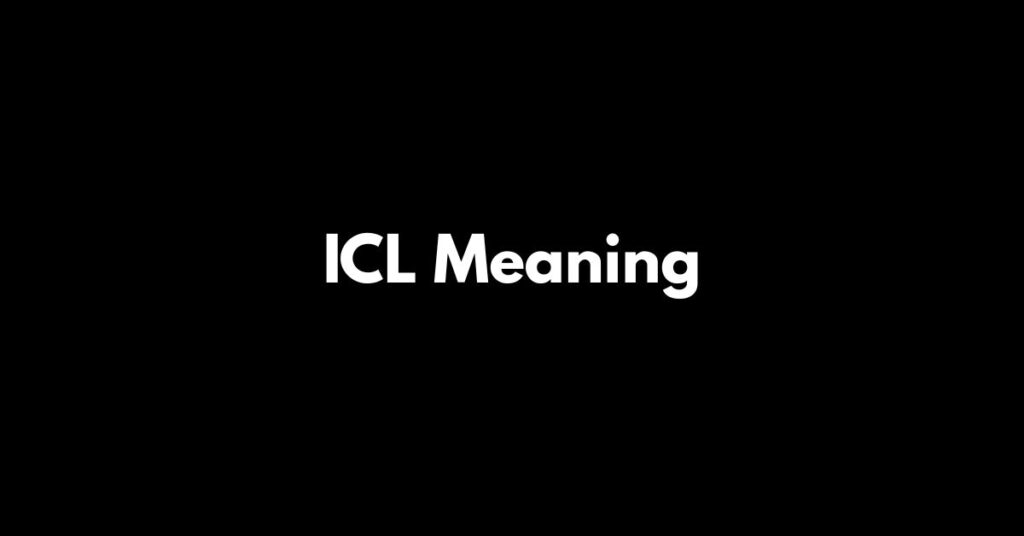Digital conversations often move at lightning speed. Acronyms, shorthand, and emojis dominate text messages, social media, and even workplace chats. One of the most common shorthand phrases you’ll come across is “hbu”—short for “how about you.” While it looks simple, this little acronym carries a lot of nuance depending on the platform, tone, and audience.
In this guide, we’ll break down the hbu meaning, its origins, when to use it (and when not to), and provide practical, polite, and professional alternatives for any situation. Whether you’re texting a friend, replying on Snapchat, or emailing a coworker, this article will give you clear strategies to communicate with confidence.
What Does “HBU” Mean?
At its core, “hbu” means “how about you.” It’s a piece of texting slang that helps keep conversations short and fast-paced.
You’ll most often see it in:
- SMS texting between friends
- Instant messaging apps like WhatsApp, Messenger, or Telegram
- Social apps such as Snapchat, Instagram, or TikTok
- Casual conversations where quick replies are common
Examples:
- “I’m chilling at home rn, hbu?”
- “Just got back from the gym. Hbu, had dinner yet?”
👉 In short, hbu acts as a conversational mirror, flipping the question back to the other person.
Origins and Evolution of “HBU”
Like many internet acronyms, “hbu” traces its roots back to early SMS texting when people had strict character limits (often 160 characters). Shortening words made sense:
- How about you → hbu
- Be right back → brb
- Laugh out loud → lol
As texting grew into instant messaging on AOL, MSN Messenger, and later social platforms, “hbu” became a staple of digital communication shortcuts.
Fast-forward to today:
- It’s common in Snapchat streaks and casual Instagram chats.
- It has crossed into gaming chat rooms.
- Even voice assistants like Siri or Google Assistant now recognize “hbu” when spoken aloud.
Why “HBU” Can Sound Too Informal

While “hbu” works fine with friends, it can raise eyebrows in business emails or professional communication. Here’s why:
- Perceived laziness: Some interpret shorthand as lack of effort.
- Cross-generational communication gap: Older professionals may not understand acronyms like “hbu.”
- Clarity and comprehension: Without context, “hbu” can confuse people from different cultures or language backgrounds.
- Professional tone mismatch: In a LinkedIn or Slack conversation, “hbu” might come across as careless.
📌 Pro tip: Use audience awareness to decide whether to use acronyms or full phrases.
Polite, Professional, and Casual Alternatives
Not every situation calls for shorthand. Below are alternatives to “hbu” organized by tone.
Formal / Polite Alternatives
These work in business contexts, formal emails, or with people you don’t know well:
- “How are you doing?”
- “And yourself?”
- “What about you?”
- “How have you been?”
Neutral / Everyday Alternatives
Good for casual texts, acquaintances, or neutral conversational tone:
- “And you?”
- “How’s everything on your side?”
- “What are you up to?”
- “How’s your day going?”
Casual / Slang Alternatives
Used among close friends, siblings, or in informal chat expressions:
- “Sup with you?”
- “Wbu?” (an even shorter version)
- “Yo, what’s good?”
- Emoji + hbu → 🙂 hbu? or 👀 hbu?
📌 Note: Emojis add warmth and nuance but can sometimes confuse in professional settings.
Choosing the Right Alternative: Context Matters
Picking the right phrase depends on tone, relationship, and clarity.
| Factor | Best Choice | Example |
|---|---|---|
| Professional email | Formal / Polite alternatives | “How are you doing today?” |
| Friend in casual chat | Casual alternatives | “Sup with you?” |
| Acquaintance / colleague | Neutral alternatives | “How’s everything on your side?” |
| Cross-generational chat | Full phrasing for clarity | “What about you?” |
| International audience | Avoid slang to ensure comprehension | “How have you been?” |
Real-World Conversation Examples
Here’s how hbu or its alternatives might play out across different platforms.
- Texting a friend:
- “I’m binge-watching Netflix, hbu?”
- Slack with a coworker:
- “I’ve finished my part of the report. How about you?”
- Snapchat streak:
- “Just woke up 👀 hbu?”
- Dating app chat:
- “I love sushi. What about you, favorite food?”
- Professional LinkedIn message:
- “I’m currently exploring opportunities in marketing. How are you doing?”
- Instagram DM with a friend:
- “Gym day for me 💪 hbu?”
Nuances of Tone and Delivery
Small changes can alter the tone in messaging:
- “hbu” → flat, neutral
- “hbu?” → slightly warmer, curious
- “hbu!!” → excited, energetic
- “hbu lol” → playful, casual
👉 Tone and nuance in communication matter more than you might think.
Why Variety Matters in Conversations
Using “hbu” every single time makes you sound robotic. Switching up phrasing:
- Shows attentiveness.
- Avoids communication pitfalls like sounding repetitive.
- Matches different settings and audiences.
Think of it like seasoning food—variety adds flavor.
Practical Tips for Using Alternatives
- Mirror the other person’s style: If they use acronyms, it’s safe to use them back.
- Adjust by platform: Snapchat → “hbu” is fine; LinkedIn → not so much.
- Add emojis carefully: Great for friends, confusing in business.
- Respect audience awareness: Not everyone understands internet acronyms.
Common Mistakes to Avoid
- Overusing “hbu” in business emails.
- Sending shorthand to someone unfamiliar with chat etiquette.
- Mixing tones: professional message + slang.
- Assuming acronyms like brb, lol, hbu are universally understood.
FAQs on HBU
Is “hbu” appropriate in business messaging?
Not usually. Use formal alternatives like “How are you doing?”
Can older generations understand “hbu”?
Not always. Clearer phrasing ensures cross-generational communication.
Should I avoid texting “hbu” altogether?
No. It works well in casual texting phrases with friends.
Are there cultural or regional differences in usage?
Yes. In some regions, acronyms are less common, so use clear communication.
How to reply to “hbu” if unsure?
A safe bet: “I’m good, thanks. And you?”
Practical Strategies for Integration
- Try replacing “hbu” with neutral alternatives in semi-professional chats.
- Practice switching between formal conversation openers and casual slang.
- Test different tones and note how people respond.
SEO and Readability Highlights
- Primary keyword: hbu meaning
- Related search queries covered naturally:
- hbu meaning in chat
- what does hbu mean in texting
- what does hbu mean on snapchat
- hbu means
- hbu how about you
- Easy-to-read structure with headings, tables, and examples.
- Clear phrasing avoids Google SEO / AdSense compliance issues like keyword stuffing.
Recap and Quick Summary Checklist
- HBU = “How about you?”
- Common in texting shorthand and instant messaging.
- Works in casual conversation but not business emails.
- Alternatives: polite, neutral, or casual depending on context.
- Always consider audience awareness and clarity.
Final Practical Examples and Tone Check
| Bad Usage | Better Usage |
|---|---|
| Email to boss: “Report done, hbu?” | “I’ve finished my section. How about you?” |
| LinkedIn message: “Nice profile, hbu?” | “Great to connect! How are you doing today?” |
| Text to best friend: “hbu?” | *“Hbu? 👀” or “Sup with you?” |
Closing Thoughts
“HBU” means “how about you,” but its impact depends on who you’re talking to. In casual texting, it feels natural. In professional spaces, it can look unpolished. By learning polite alternatives, casual variations, and context-based strategies, you’ll adapt your style for any audience.
Remember: words shape perception. Use the right tone at the right time, and your digital communication will feel effortless.

James Henry – Writer at Lotus Magazine, providing expert mobile network guides with clarity and precision.



